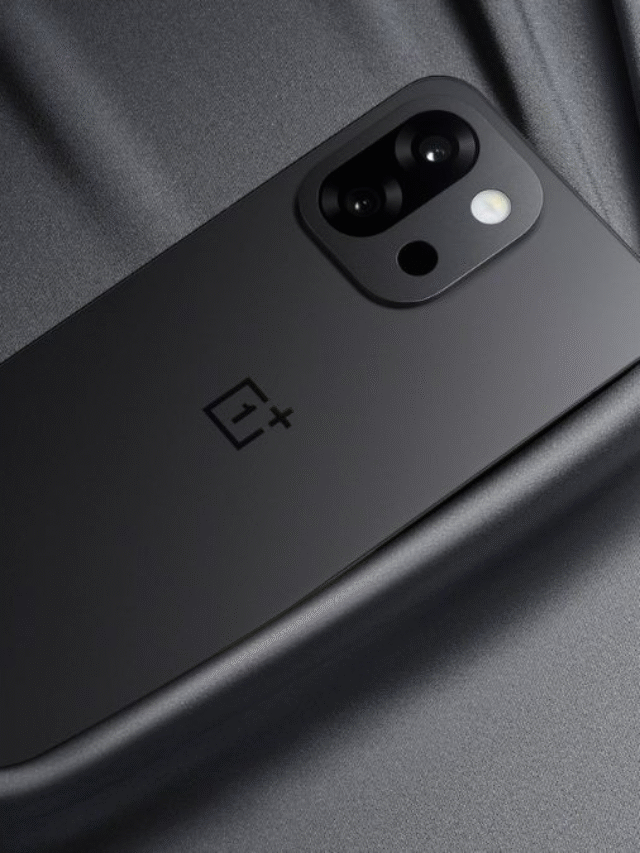
What happens when a tech company ventures into the car business? Remember when Apple ambitiously announced its entry into the electric vehicle market, only to shelve the idea a few years later? Unlike Apple, Xiaomi’s journey has been different. In 2021, Xiaomi’s headquarters in China formulated a plan to develop an electric vehicle for the mass market. The idea quickly gained momentum, and in just four years, they’ve launched the Xiaomi SU7, a fully electric car that’s already on sale.
The SU7 is a technological marvel on wheels. This four-door electric sedan delivers impressive performance and is packed with cutting-edge tech features. Currently available exclusively in China, the Xiaomi SU7 has already amassed over 80,000 bookings.
Design

The Xiaomi SU7 is striking from every angle, though its design isn’t entirely original. It draws inspiration from other high-end vehicles, notably with its low-slung stance reminiscent of Porsche’s signature style. The front end features a sleek, aerodynamic design with a dipping nose to maximize efficiency. The overall shape is smooth and curvy, achieving an impressive drag coefficient of just 0.195.
The SU7 Max variant comes equipped with 21-inch multi-spoke alloy wheels, Brembo brake calipers, adaptive ride control or air suspension, and high-performance LED headlamps.

The rear design is particularly unique, featuring LED taillights inspired by Saturn’s rings, adding a touch of luxury to the car’s overall appearance.
Built on a skateboard platform, the Xiaomi SU7 boasts a chassis developed in-house with a focus on efficiency, rigidity, and performance. Xiaomi refers to this as a ‘Smart Chassis,’ which includes a Bosch stability control system with a DPB brake controller, variable damping shock absorbers, an aluminum double-wishbone front suspension, and a five-link independent rear suspension. The car’s weight distribution is perfectly balanced at a 50:50 ratio, contributing to a low center of gravity.
Interior

As expected from a tech company, the interior of the SU7 is where Xiaomi truly shines. The cabin is spacious, with the floor kept low thanks to a well-designed platform and battery placement, providing ample legroom and thigh support in the back. However, the sloping roofline and extended glass roof reduce headroom, which might be a concern for taller passengers. The seats are comfortable and come with ventilation for all four seats.
In the rear, passengers have access to a 50W fast wireless charger, a storage space for phones, a mini-fridge, and mounting points for tablets on the back of each front seat. The Xiaomi tablets can mirror the main infotainment screen, allowing rear passengers to control various car functions. This brings us to the tech onboard.
Infotainment

The centerpiece of the Xiaomi SU7’s dashboard is a large 16.1-inch infotainment screen. This display runs on Xiaomi’s ‘Hyper OS,’ the same software found in most of the company’s smartphones, gadgets, and home appliances. The system can connect with over 1,000 Xiaomi products, integrating the car into a broader ecosystem.
The infotainment screen controls nearly all functions, including the air conditioning, and can be customized with modular-style buttons and additional circular displays. The top-spec SU7 Max variant is loaded with 25 speakers, multiple wireless chargers, three-zone climate control, ambient lighting, a heated steering wheel, powered front seats, a fixed glass roof, a LiDAR-based ADAS system, a 360-degree surround camera with 11 cameras, rear AC vents, Type-C charging ports, and 16 driver assistance features, along with seven airbags.
Specifications


The Xiaomi SU7 is available in three variants: Standard, Pro, and Max. The Standard and Pro models feature a single motor setup, delivering 295 bhp and 400 Nm of torque. The Max variant, showcased in India, boasts a dual-motor setup with 670 bhp and 838 Nm of peak torque, allowing it to accelerate from 0 to 100 km/h in just 2.78 seconds, with an electronically limited top speed of 265 km/h.
The top-spec Max variant is powered by a 101 kWh battery pack, offering a claimed driving range of 810 km on a single charge. With fast charging, the SU7 can gain up to 510 km of range in just 15 minutes.
Price
Considering Xiaomi’s aggressive pricing strategy in the smartphone market, the SU7 is expected to be priced between ₹60 lakh and ₹80 lakh in India, including import duties, taxes, and operational costs. At this price point, the SU7 would compete with models like the BYD Seal, BMW i4, Volvo C40 Recharge, Mercedes-Benz EQB, and Kia EV6, with the BYD Seal and BMW i4 being its closest rivals.
Related posts:
- India’s First Electric Truck By Tresa Motors
- The Grand Launch of Toyota Vellfire in India
- The 2023 Porsche 911 Carrera T: A Sports Car Worth Preserving
- Mercedes-Maybach Vision 6: Takes Center Stage in India
- Japan Mobility Show Highlights Nissan Hyper Force Concept
- Suzuki Unveils the All-New Swift at Japan Mobility Show















